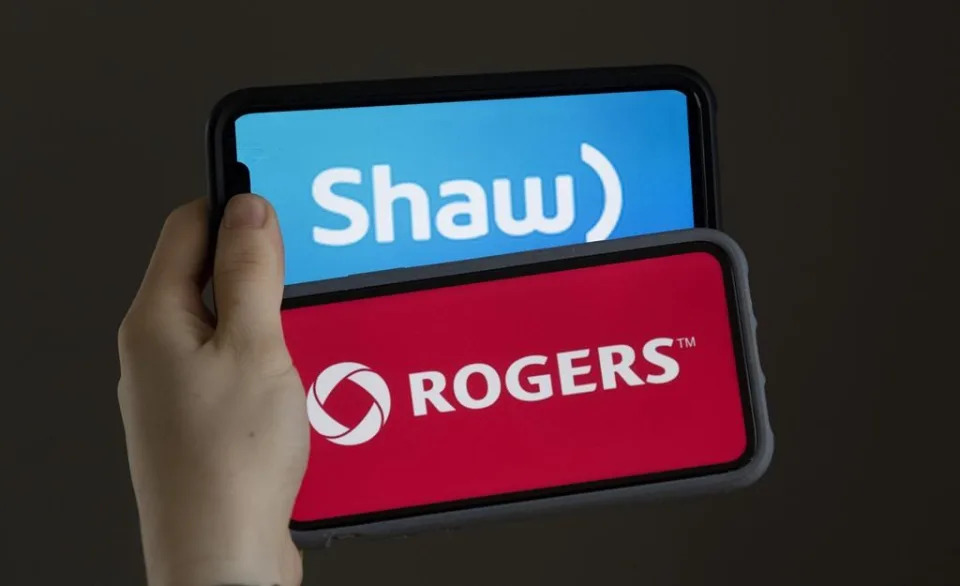Tax implications of Rogers-Shaw deal discussed at hearing before tribunal
Wed, November 30, 2022

OTTAWA — Canada's competition watchdog is warning that the tax revenue implications of Rogers Communications Inc.'s $26-billion proposed takeover of Shaw Communications Inc. will not necessarily benefit consumers, while one economist says he is not concerned about the deal lessening competition.
During the cross-examination of economics expert and witness Roger Ware during the hearing before the Competition Tribunal on the deal Wednesday, counsel for the Competition Bureau tried to make the case that if there are job losses resulting from the merger, there would ultimately be a reduction in tax revenue, noting the possibility of job cuts that is typical of mergers.
The Competition Bureau said anyone out of a job would likely spend less, which would be a cost to the government in the form of a loss in tax revenue.
Ware's argument is that the tax revenue that would accrue from any increase in the profits of Rogers and Shaw stemming from the merger would be income for the government and all Canadians.
Ware also said competition analysis assumes that freed resources, as a result of a merger, will be employed elsewhere in the economy.
Mark Israel, a competition economist at consulting firm Compass Lexecon, spoke before the tribunal as well, arguing that the proposed merger represents a "pro-competitive realignment" of wireline and wireless assets.
He said there will be no reduction in the number of competitors in the telecom market because of the way the deal is structured.
Israel also said Shaw Mobile subscribers will benefit from the increased quality of Rogers' wireless network.
He added that the proposed sale of Shaw-owned Freedom Mobile to Quebecor Inc.-owned Videotron Ltd. would make Videotron a disruptive competitor in Western Canada with strong economic incentives to compete vigorously.
The marginal cost savings for Videotron would put downward pressure on prices, Israel said.
Quebecor agreed to buy Freedom in a $2.85 billion deal earlier this year.
The proposed sale of Freedom to Videotron is part of Rogers' strategy to get its broader deal across the finish line.
The sale of Freedom to Videotron would see Quebecor buy all of Freedom's branded wireless and internet customers as well as all of Freedom’s infrastructure, spectrum and retail locations in a move that would expand Quebecor’s wireless operations nationally.
The hearing before the Competition Tribunal is expected to last until mid-December and aims to resolve the impasse between the Commissioner of Competition, who wants to block the deal, and Rogers and Shaw.
The Competition Bureau is one of three regulatory agencies that must approve the deal, in addition to the CRTC and Innovation, Science and Economic Development Canada.
Rogers wants to close the Shaw deal by the end of the year, with a possible further extension to Jan. 31, 2023.
This report by The Canadian Press was first published Nov. 30, 2022.
Companies in this story: (TSX:RCI.B, TSX:SJR.B, TSX:QBR.B)
The Canadian Press
No comments:
Post a Comment